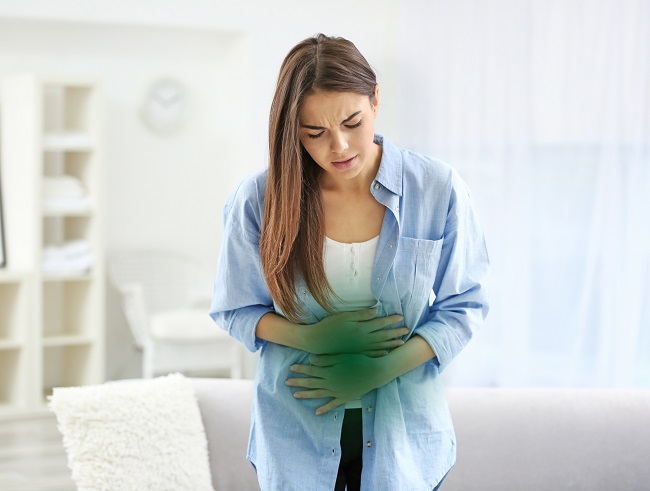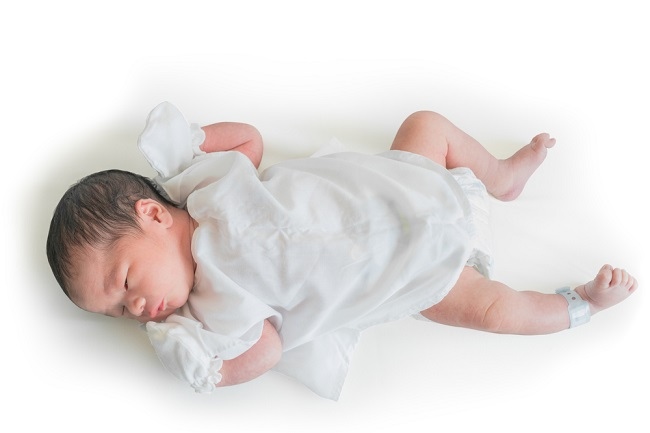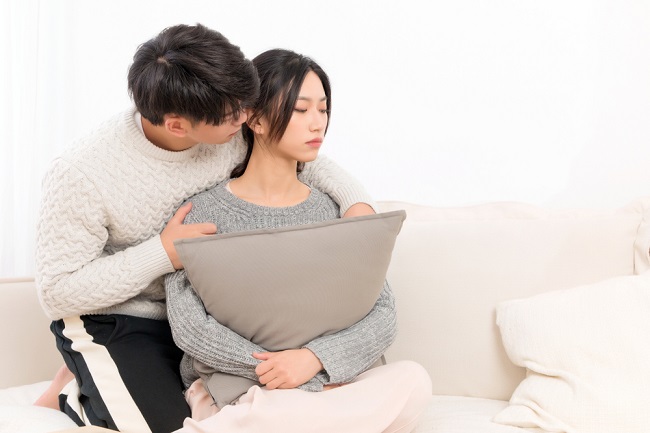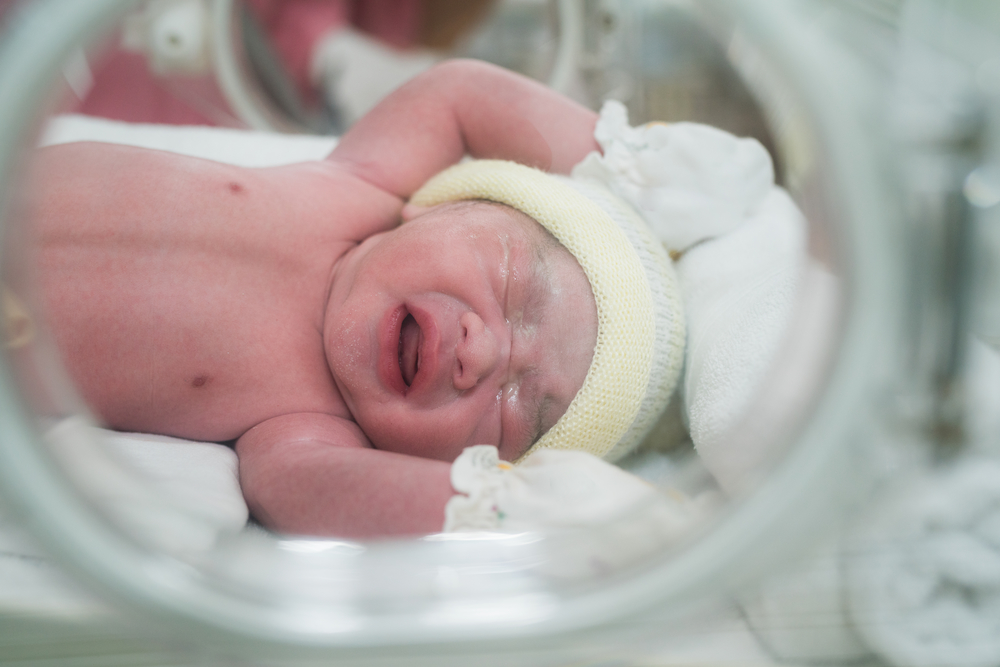During pregnancy, pregnant women may experience frequent sneezing and nasal congestion. This could be a sign that Pregnant women with allergies. However, pregnant women need not worry, because allergies during pregnancy are actually a normal condition and can be overcome.
Allergies occur when the immune system reacts to certain substances that the body considers harmful (allergens). The immune system then works to fight it by releasing chemicals that eventually cause an allergic reaction. Usually, allergies occur due to heredity and environmental factors.

Allergy SymptomsWhen Pregnant
Symptoms of allergies in pregnant women are actually the same as those experienced by people in general, namely:
- sneeze
- Headache
- Cough
- Hard to breathe
- Rash
- Nasal congestion
- Itchy throat
- Watery eyes
- Itchy skin
Allergy symptoms as above will appear when pregnant women eat, inhale, or touch the allergy trigger and will subside after the allergy trigger is removed.
Pregnant women do not need to worry, allergies generally do not endanger the health of pregnant women and babies in the womb. Even so, pregnant women still need to be aware of the possibility of a severe allergic reaction, namely anaphylactic shock, which can be fatal.
In addition, if the allergy symptoms that pregnant women experience are shortness of breath or asthma, pregnant women also need to be vigilant. This condition needs to be treated immediately, because if the pregnant woman does not get enough air, the fetus will also experience the same condition.
The trigger factors for asthma in pregnant women are generally strong odors, cold air, exercise, lung irritation, or cigarette smoke.
How to overcome Allergy When Pregnant
If pregnant women have allergies, don't take any medicine without the advice of a doctor, okay? If allergies occur continuously or often recur, pregnant women should see a doctor.
To diagnose allergies, the doctor will conduct a history of complaints, then recommend blood tests and maybe some additional tests.
Your doctor may recommend non-drug treatment if your allergy symptoms are not too severe. However, if it is very disturbing, for example, until pregnant women can't sleep or move, the doctor will give anti-allergic drugs that are safe for pregnant women.
Tips Prevent AllergiesWhen Pregnant
To prevent allergies, pregnant women need to avoid the causes. Below, there are some things pregnant women can do:
- Avoid types of food or food ingredients that can cause allergies in pregnant women.
- Immediately shower, wash hair, and change clothes after traveling to avoid allergens that can stick to the outside.
- Clean the house regularly, especially mattresses and carpets which can harbor a lot of dust and mites. Use vacuum cleaner if necessary.
- Keep pets clean. Keep the animal outdoors during pregnancy if possible.
Allergies during pregnancy can be allergies that are just known or allergies that have been owned for a long time. If pregnant women already know the allergens that can cause pregnancy allergies to recur, avoid those allergens as much as possible.
However, if allergy symptoms appear without pregnant women being aware of the allergen, you should consult a doctor for proper examination and treatment. Through the examination, pregnant women will know what allergens pregnant women need to avoid next.









